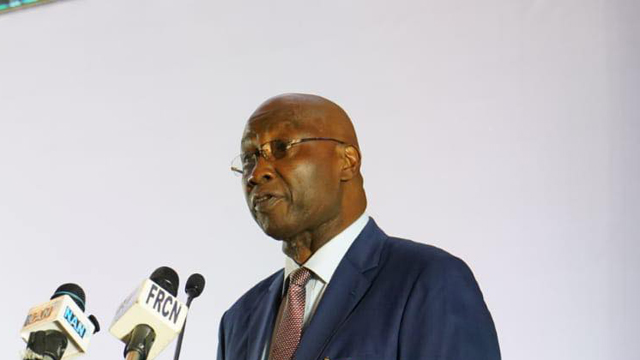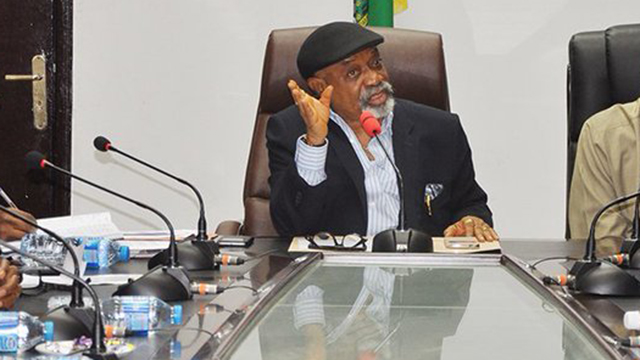President Bola Tinubu has approved the formation of the Nigerian delegation to the US–Nigeria Joint Working Group, a bilateral initiative aimed at strengthening cooperation on security matters.
The decision follows a recent visit to Washington DC by a high-level Nigerian delegation led by National Security Adviser Nuhu Ribadu. Ribadu will head the multi-agency team, which includes senior officials from key security and foreign policy institutions.
According to a statement signed by the President’s aide, Bayo Onanuga, members of the working group include the Minister of Foreign Affairs, Amb. Yusuf Maitama Tuggar; Minister of Defence, Mohammed Badaru Abubakar; Minister of Interior, Olubunmi Tunji-Ojo; Minister of Humanitarian Affairs, Bernard M. Doro; Chief of Defence Staff, Gen. Olufemi Oluyede; Director-General of the National Intelligence Agency, Amb. Mohammed Mohammed; and Inspector General of Police, Mr Kayode Egbetokun.
“Ms Idayat Hassan of the Office of the National Security Adviser and Mr Paul Alabi of the Embassy of Nigeria in the US will serve as the secretariat,” the statement added.
Tinubu urged the team to engage closely with their American counterparts to ensure the implementation of security agreements reached during the visit. The working group is tasked with coordinating bilateral efforts on counter-terrorism, defence cooperation, and regional stability.
The initiative has gained prominence following recent remarks by US leadership. US President Donald Trump designated Nigeria a “Country of Particular Concern” over alleged religious-freedom violations and warned of possible military intervention should attacks on Christians persist, increasing pressure on the Nigerian government to strengthen its security response.
Bilateral cooperation
Recall that last week, a high-level Nigerian delegation led by Ribadu concluded a series of engagements with United States officials aimed at reinforcing bilateral security cooperation.
The discussions, held in Washington DC, involved senior representatives from the US Congress, the White House Faith Office, the State Department, the National Security Council, and the Department of War.
During the meetings, the Nigerian delegation rejected allegations of genocide in the country, emphasising that violent attacks affect communities across religious and ethnic lines. “Wrongful framing of the situation would only divide Nigerians and distort the realities on the ground,” the delegation stated.
The United States expressed readiness to deepen security support, including enhanced intelligence sharing, expedited processing of defence equipment requests, and the potential provision of excess defence articles, subject to availability, to bolster ongoing counter-terrorism operations. Additional support in the form of humanitarian assistance and technical aid to strengthen early-warning mechanisms was also discussed.
Both nations agreed to implement a non-binding cooperation framework immediately and to establish a Joint Working Group to coordinate efforts across the agreed areas. The Nigerian delegation reaffirmed the government’s commitment to civilian protection measures and the safeguarding of vulnerable communities, particularly in the Middle Belt region.
The Nigerian delegation included Prince Lateef Olasunkanmi Fagbemi, Attorney General of the Federation; General Olufemi Oluyede, Chief of Defence Staff; Lt. Gen. Emmanuel Parker Undiandeye, Chief of Defence Intelligence; Mr Kayode Egbetokun, Inspector General of Police; Ambassador Ibrahim Babani, Director of Foreign Relations at the Office of the National Security Adviser; and Ms Idayat Hassan, Special Adviser to the NSA.
The Federal Government highlighted that the engagements provided an opportunity to correct misconceptions about Nigeria, build trust, and advance a coordinated approach to protecting citizens. It urged the public to remain assured that coordinated measures are being taken to enhance security nationwide.






